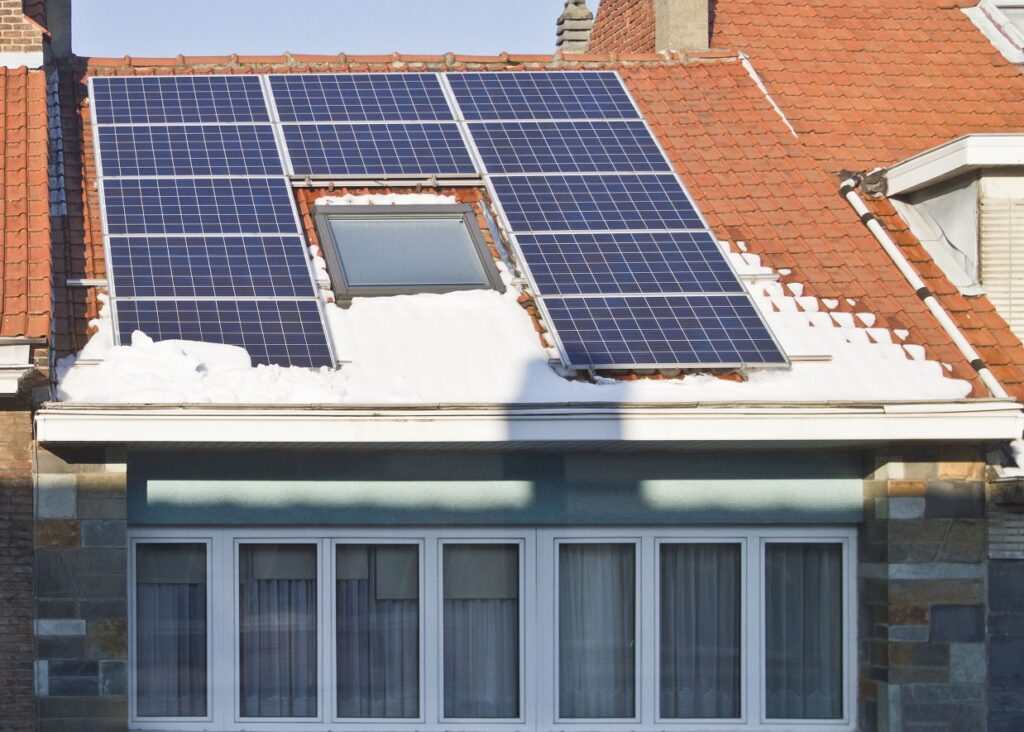While the popularity of domestic batteries in Wallonia and Brussels remains low, the energy saving devices have enjoyed a boost over the last year in Flanders. However, the cost remains substantial, which leaves many wondering if the investment is worth the money.
Home batteries store the energy produced by photovoltaic panels rather than injecting it into the grid, allowing the occupant to take advantage of this stored power when the solar panels are temporarily redundant.
With many companies now in the market, the price varies considerably depending on brand and capacity. "Compared to five years ago, the price has been halved,” Nathalie de Biollay, responsible for the development of new solar products at Belgian energy supplier Engie, told RTBF. "Today, it takes between 6000 euros for an average installation, such as a battery of 5 to 5.8 kWh, up to 9000 euros for a larger model. That's half as much as it was five years ago."
Depending on the region in which you live, the investment will be more or less profitable.
In Flanders, more than anywhere else, investing in home batteries is attractive. With the injection tariff in force, panel owners have an interest in promoting self-consumption. "A battery makes it possible to increase your self-consumption by 30 to 60%," said Nathalie de Biollay. And the bonus granted by the Flemish Region has finally convinced more people to invest.
In Brussels, the investment will be less profitable than in Flanders, since the Region does not provide the same incentives that its Flemish counterparts offer. The same can be said in Wallonia.
"For a household in Flanders, the investment will pay for itself after seven to ten years, but in Brussels it will be between ten and 12, and in Wallonia, it will depend on the price of batteries in the coming years," said Nathalie de Biollay.
But the life of the batteries also raises questions. While some new generation photovoltaic panels are now guaranteed for up to 40 years, the life of a home battery is relatively short, according to Benjamin Wikin, director of Energie Commune. "Beyond economic issues, and resources, there is the question of the relatively short lifespan, eight to ten years, while we fight against the planned obsolescence of different systems," he told RTBF.
"The lifespan is between 12 and 15 years,” added Nathalie de Biollay. “It depends on the use of the battery: the more you use it, the more it degrades. But if you underuse the battery, it is perhaps better to remain connected to the grid."

